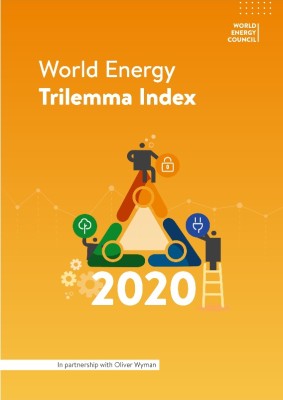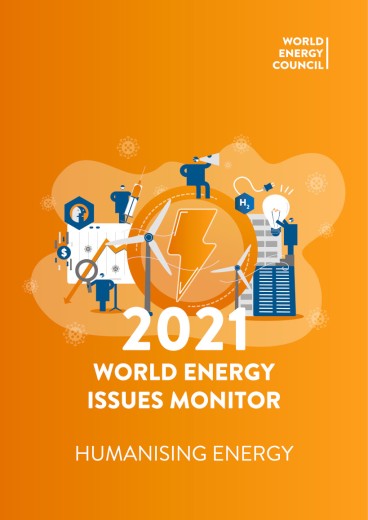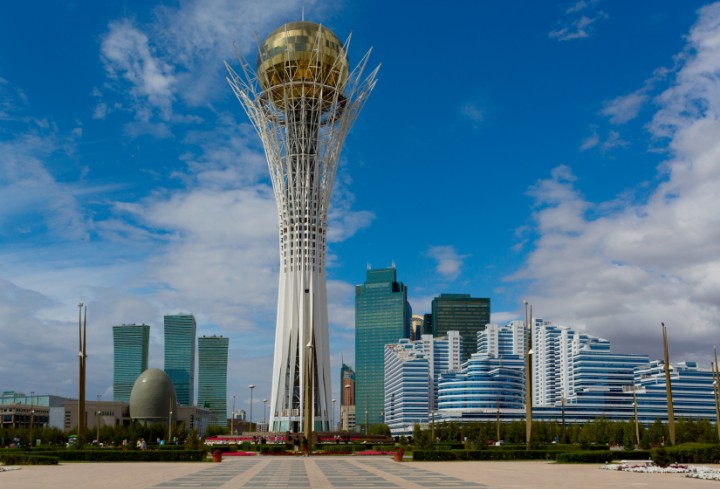Kazakhstan is a member of the World Energy Council through the KAZENERGY Association. The KAZENERGY Association unites more than 60 major players in the oil, gas and energy business – extracting, transporting, servicing, geophysical, uranium-producing and other companies. The Association was established as an independent non-commercial union of legal entities, which is challenged to promote creation of favorable conditions for the dynamic and sustainable development of the fuel and energy sector of the Republic of Kazakhstan.
KAZENERGY represents the interests of its members in executive and legislative bodies of state authority and administration, implements purpose-oriented programs in support of entrepreneurship and investment attraction, professional education and training, executes researches and analysis, participates in projects of interagency and international cooperation.
Being an organization that broadly represents the energy interests of the country, the Association is in a position to serve as the World Energy Council Member Committee in Kazakhstan. Chairman of the Coordinating Council of the Association for the Development of the Energy Sector is the Chairman of Kazakhstan's Committee of the World Energy Council.

Olzhas Issabekov is an experienced diplomat and a specialist in international economic relations with a career spanning various high-level governmental roles in Kazakhstan. He holds a Master’s degree in International Economy from the Diplomatic Academy in Moscow and a Bachelor's degree in International Economic Relations from Shakarim State University in Semey, Kazakhstan.
Beginning his career within the Ministry of Foreign Affairs of Kazakhstan, Olzhas Issabekov quickly moved through the ranks, taking on key roles in the Foreign Economic Policy Department, the Investment Committee and subsequently at the Department of Europe and Americas. His diplomatic journey led him to the embassies of Kazakhstan in Spain and the United States, where he served in roles ranging from Third Secretary to First Secretary, honing his skills in diplomacy and international economic relations.
Olzhas Issabekov's expertise was further recognized in the corporate sector when he joined ConocoPhillips North Caspian Ltd. as the Director for Government Relations, liaising between the Kazakh government and one of the world's largest independent E&P companies.
Returning to public service, he was appointed as the Director of the Foreign Economic Policy Department of the Ministry of Foreign Affairs of Kazakhstan, where he oversaw foreign economic policy direction for six years. His acumen in international relations led to his appointment as Ambassador-at-Large, followed by his role as Head of the Foreign Economic Cooperation and Protocol Division at the Office of the Prime Minister of the Republic of Kazakhstan.
Olzhas Issabekov then extended his diplomatic service to Latin America. As Chargé d’Affairs and Minister Counsellor, he led the embassies of Kazakhstan in Cuba and Mexico. His multilingual abilities in English, Spanish, Russian, and Kazakh have been instrumental in his extensive international engagements.
With a career that reflects a profound understanding of both the subtleties of diplomacy and the dynamics of international economic markets, Olzhas Issabekov was invited to join “KAZENERGY”, Kazakhstan’s biggest and the most powerful energy sector Association, where he currently serves in the capacity of Deputy Director for External Relations and Communications.
Energy in Kazakhstan

2021 will be a year of dealing with the aftermath of the coronavirus crisis. The pandemic has exposed numerous systemic problems in the governance of many countries, both in developing and advanced economies.
One of the key challenges for all will be increased poverty. It will also be very relevant for Kazakhstan, as a significant part of the population, especially those employed in the private sector, have suffered serious losses during the total lockdown and quarantines.
In Kazakhstan's recent history, this is the first time that the country will end the year with a recession. GDP is projected to be about -3%.
In the context of the global crisis caused by the Coronavirus pandemic and its resulting economic consequences, the pandemic has accelerated a number of processes in the world. First and foremost, digitalisation is projected to increase in scale in 2021, as well as opportunities to focus the global community's efforts on moving toward a green economy, which could become a leading trend in global politics.
This year, the Senate of Kazakhstan adopted a new version of the Environmental Code, strengthening the responsibility of industrial enterprises for environmental pollution. The new version of the Code also requires industrial enterprises to introduce advanced technologies in order to reduce emissions.
The main objective of this document is to harmonise the legislation of Kazakhstan with the standards of OECD countries and improve the environmental situation and investment climate in the country, which will contribute to improving the sustainability index.
The Development Strategy of Kazakhstan focuses on the fuel and energy sector of the country and has been developed for the period until 2030 (announced in 1997) and 2050 (announced in 2012). The strategic documents for Kazakhstan's energy sector are the Concept for the Transition of the Republic of Kazakhstan to Green Economy (adopted in 2013) and The Concept for the Development of the Fuel and Energy Complex of the Republic of Kazakhstan until 2030 (adopted in 2014). Kazakhstan ratified the Paris Agreement in November 2016.
The non-gas industry remains systemically important in the country's economy. In 2019, oil production reached 90.5 million tonnes, despite overhauls at major projects. This year, oil production was planned at 90.0 million tonnes. However, due to the volatility of oil prices and the unstable development of the world economy during the pandemic, Kazakhstan had to reduce its oil production plan by 4.4% to 86 million tonnes. The volume of consumption of petroleum products, excluding crossflows, is at historical levels. Accentuated state support is provided to attract investments in the development of the oil and gas chemical industry. In December 2019, amendments to the Law of the RK "On Gas and Gas Supply" were adopted in terms of establishing a pricing mechanism for marketable gas to industrial consumers using gas as raw material for the production of petrochemicals.
In 2019, the volume of electricity generation in the electric power sector amounted to 106.0 billion kWh. At the same time, electricity consumption amounted to 105.1 billion kWh, which shows that the country's economy is fully covered by the need for electricity.
In the uranium industry, Kazakhstan plans to remain a leader in uranium production. In 2019, 22,761 tonnes of uranium were mined, which is in line with the planned targets. Therefore, the main goal for the country is to increase the gross added value of the nuclear industry through the development of all major segments of the nuclear fuel cycle.
The Development Strategy 2050 identifies the main objectives for the energy sector, such as enhancing the energy efficiency, increasing the share of renewable sources in the energy mix, reducing GHG emissions and attracting foreign investment. The renewable energy market is growing rapidly every year, with 2.4 billion kWh of "green" energy generated in 2019, an increase of 77.8% compared to 2018. By the end of 2020, RES generation will be about 3.15 billion kWh of electricity.
Downloads
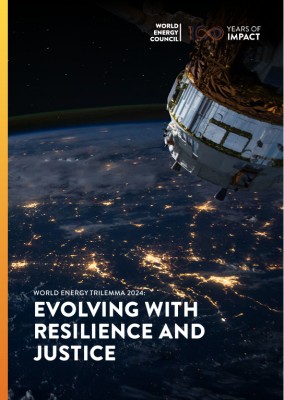
Kazakhstan World Energy Trilemma Country Profile 2024
Download PDF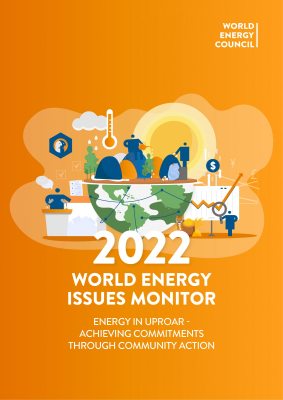
World Energy Issues Monitor 2022
Download PDF
Kazakhstan Energy Issues Monitor 2022
Download PDF